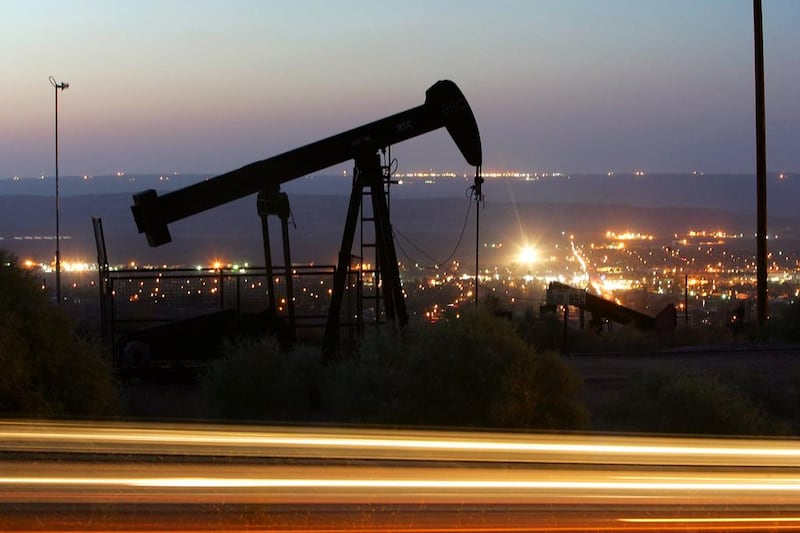Oil prices rose more than $1 per barrel on Tuesday due to growing supply outages, with Norway shutting one oilfield as hundreds of workers began a strike and Libya saying its production more than halved in recent months.
The disruptions add to supply worries around the world. Venezuela's production has collapsed due to a lack of investment and Iranian exports have suffered due to US sanctions just as demand for oil quickens.
Benchmark Brent oil futures rose by 96 cents, or 1.2 per cent, to $79.03 per barrel by 10.58 GMT. They earlier hit an intraday high of $79.29. Brent gained 1.2 per cent on Monday.
US light crude futures were up 38 cents, or 0.5 per cent, at $74.23.
Mounting supply concerns could push Brent above $85 per barrel, MUFG Bank said in a note.
"Renewed geopolitical supply-side disruptions stemming from Canada, Iran, Libya, Venezuela and the US raise the likelihood of oil trade interruptions and with it upside risks to oil prices in the near term," MUFG said.
Hundreds of workers on Norwegian offshore oil and gas rigs went on strike on Tuesday after rejecting a proposed wage deal, leading to the shutdown of one Shell-operated oilfield.
That potentially adds to disruptions in other oil producers amid tensions in parts of the Middle East.
_______________
Read more:
Libya's crude production slumps more than 50% since February, NOC says
Adnoc looks to expand partnerships with Chinese oil majors
_______________
Libya's national oil production fell to 527,000 barrels per day from a high of 1.28 million bpd in February following recent oil port closures, National Oil Corp said on Monday.
The United States says it wants to reduce oil exports from Iran, the world's fifth-biggest producer, to zero by November, which would oblige other big producers to pump more.
Saudi Arabia, fellow members of Opec and allies including Russia agreed last month to increase output to dampen price gains and offset global production losses.
The market has grown concerned that if the Saudis offset the losses from Iran, that will use up global spare capacity and leave markets more vulnerable to further or unexpected production declines.
"The bottom line becomes the available spare capacity within Opec ... and the markets have started to focus on that," said Victor Shum, vice-president for energy at IHS markets in Singapore.
Money managers raised their bullish bets on US crude in the week to July 3, the U.S. Commodity Futures Trading Commission said on Monday.






